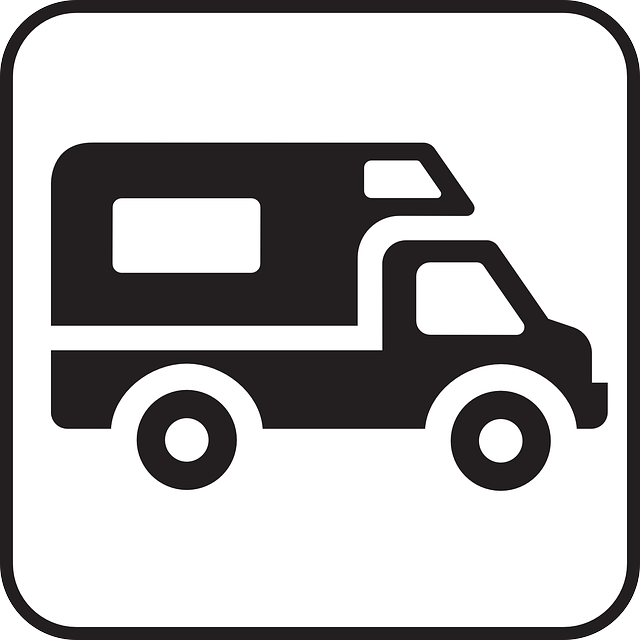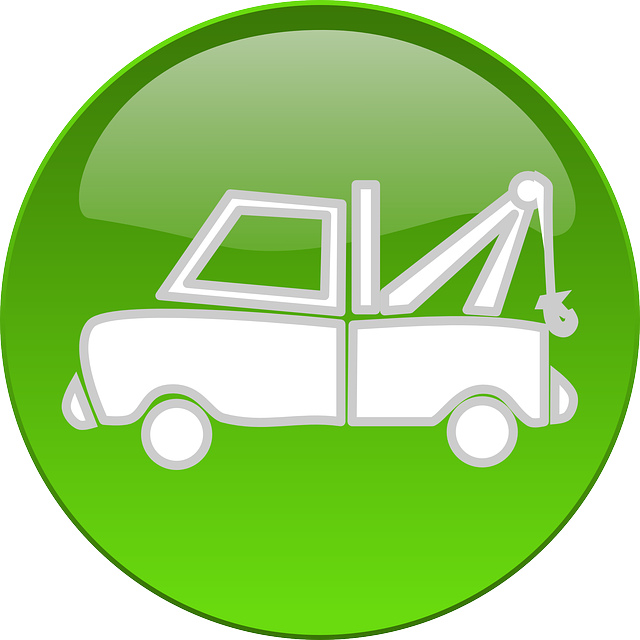Embarking on a journey with your caravan in tow promises adventure and comfort. To ensure this experience is both enjoyable and safe, it’s crucial to understand your towing capacity and select the best caravan for your needs. This article serves as your guide through the key factors that influence what caravan you can tow, offering insights into assessing your vehicle’s capabilities, matching your caravan to your vehicle with precise weight distribution, and adhering to legal limits and safety standards. We’ll also navigate the market to help you evaluate top-rated caravans for towing, taking into account size, design, and features that suit your lifestyle. Additionally, we’ll share practical tips and best practices to enhance your caravan towing experience, from proper hitching techniques to maintaining your equipment and mastering caravan towing on diverse terrains. With these tailored strategies in hand, you’ll confidently tow within your caravan towing capacity, ensuring a smooth and secure journey every time.
- Understanding Your Towing Capacity: Key Factors Determining What Caravan You Can Tow
- – Assessing Your Vehicle's Towing Abilities: A Comprehensive Guide
- – Matching Your Caravan to Your Vehicle: The Importance of Weight Distribution
Understanding Your Towing Capacity: Key Factors Determining What Caravan You Can Tow

When considering a caravan for your next adventure, understanding your vehicle’s towing capacity is paramount. This is not just about selecting the best caravans for towing from the myriad of options available; it’s a matter of safety and compliance with legal requirements. Your vehicle’s manufacturer will specify its maximum towing weight, which should be the starting point for your decision-making process. This capacity is influenced by several key factors, including your vehicle’s engine power, chassis strength, braking efficiency, and overall design. Factors such as the caravan’s weight distribution, axle configuration, and intended use on different terrains also play a significant role. It’s crucial to consider the gross train weight (GTW), which is the combined weight of your caravan and its contents plus your tow vehicle and its load. This ensures that you don’t exceed the limits for safe operation and legal compliance. Always refer to the Australian Design Rules (ADRs) or relevant local regulations, as they outline the specific standards for caravan construction and towing. By carefully assessing your vehicle’s towing capacity and matching it with a suitable caravan, you can embark on your travels with confidence, knowing that you’ve chosen a setup within the safe operational limits, optimizing both safety and enjoyment for your journey. Remember to consult the Caravan and Camping Australia (CCA) guidelines or similar authoritative sources to determine what caravan can I tow, ensuring compliance with these essential standards.
– Assessing Your Vehicle's Towing Abilities: A Comprehensive Guide

When preparing to tow a caravan, it’s crucial to understand your vehicle’s towing capabilities to ensure safety and compliance with road regulations. The first step is to consult your vehicle’s manufacturer specifications to determine its exact towing capacity. This information can typically be found in the owner’s manual or by contacting the manufacturer directly. By knowing what caravan you can tow, you avoid overloading your vehicle, which could lead to dangerous situations on the road. It’s not just about the weight; the distribution of weight also plays a significant role. A well-matched combination of caravan and towing vehicle ensures better handling, stability, and braking performance, making for a smoother journey.
Once you’ve ascertained your vehicle’s capabilities, it’s time to select the best caravans for towing that align with those limits. Factors such as the size of the caravan, its construction materials, and features can impact both its weight and how it handles on the road. Opting for a lightweight or aerodynamic caravan can make a significant difference in ease of handling, fuel efficiency, and overall towing experience. When choosing a caravan, consider not only its compatibility with your vehicle’s towing capacity but also its suitability for your intended travel destinations and lifestyle. Properly matching your caravan to your vehicle enhances the safety and enjoyment of your travels, making certain that the journey is as pleasurable as the destination.
– Matching Your Caravan to Your Vehicle: The Importance of Weight Distribution

When preparing for a caravan adventure, one of the most critical decisions you’ll make is matching your caravan to your vehicle. This pairing is not merely about compatibility but also about safety and efficiency on the road. The weight distribution between your tow vehicle and caravan plays a pivotal role in ensuring a smooth and controlled driving experience. To determine what caravan can I tow, it’s essential to understand your vehicle’s towing capacity. Exceeding this limit can lead to unsafe conditions and potentially jeopardize your journey. The best caravans for towing are those that align with your vehicle’s capabilities, offering a balanced distribution of weight that doesn’t strain the tow ball or compromise the handling of your car.
To optimize weight distribution, consider the gross trailer mass (GTM) and the unladen weight of the caravan alongside your vehicle’s kerbweight, towing capacity, and ball weight. A well-matched setup will not only adhere to road legal requirements but also enhance stability during maneuvers and reduce wear on both your caravan and vehicle. When selecting a caravan, opt for models that offer various configurations and layouts suitable for your intended use, ensuring that the interior space meets your needs without causing the caravan to be overly heavy for your vehicle’s towing capacity. By carefully considering these factors, you can choose a caravan that not only complements your journey but also guarantees safety and satisfaction on every road you travel.
